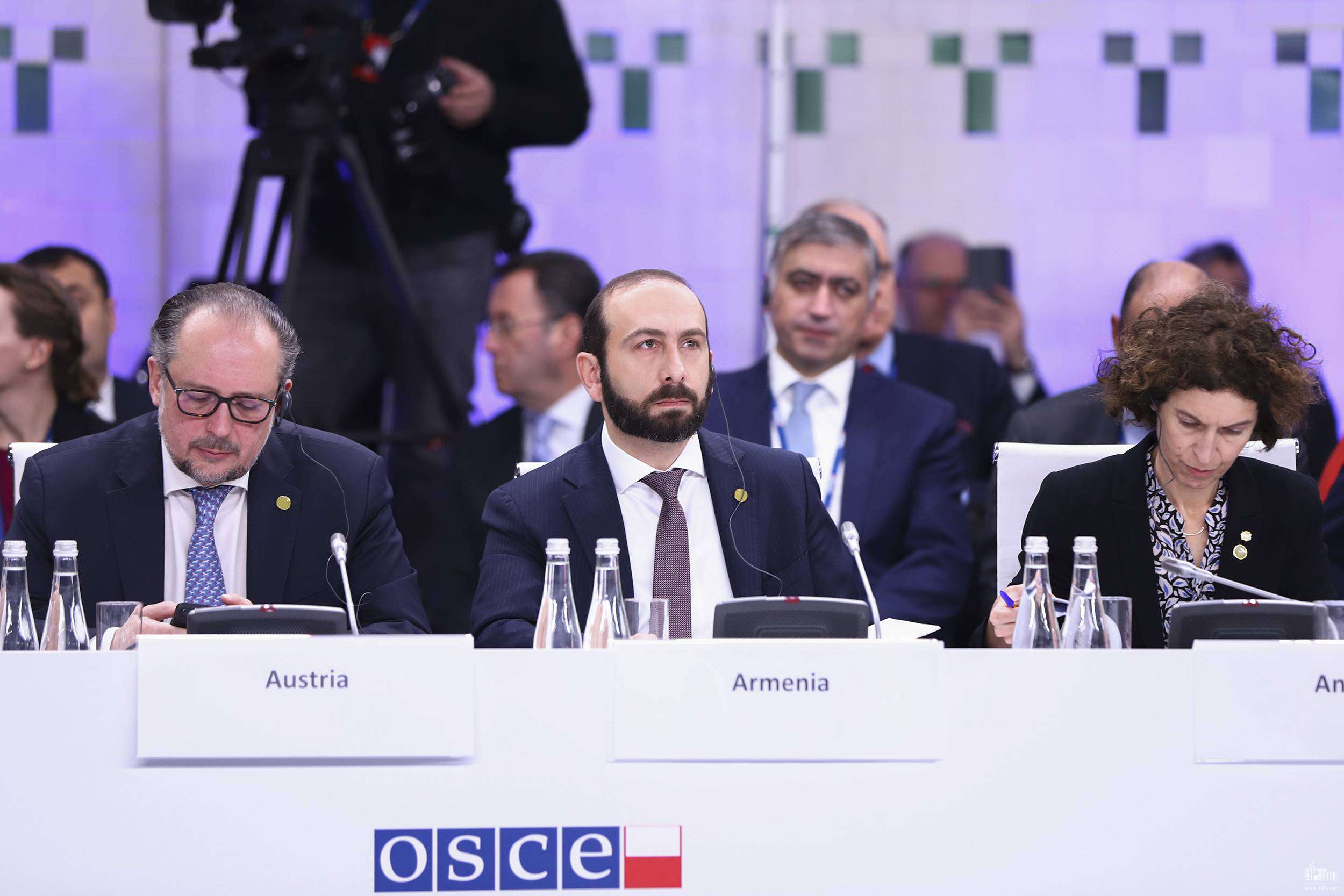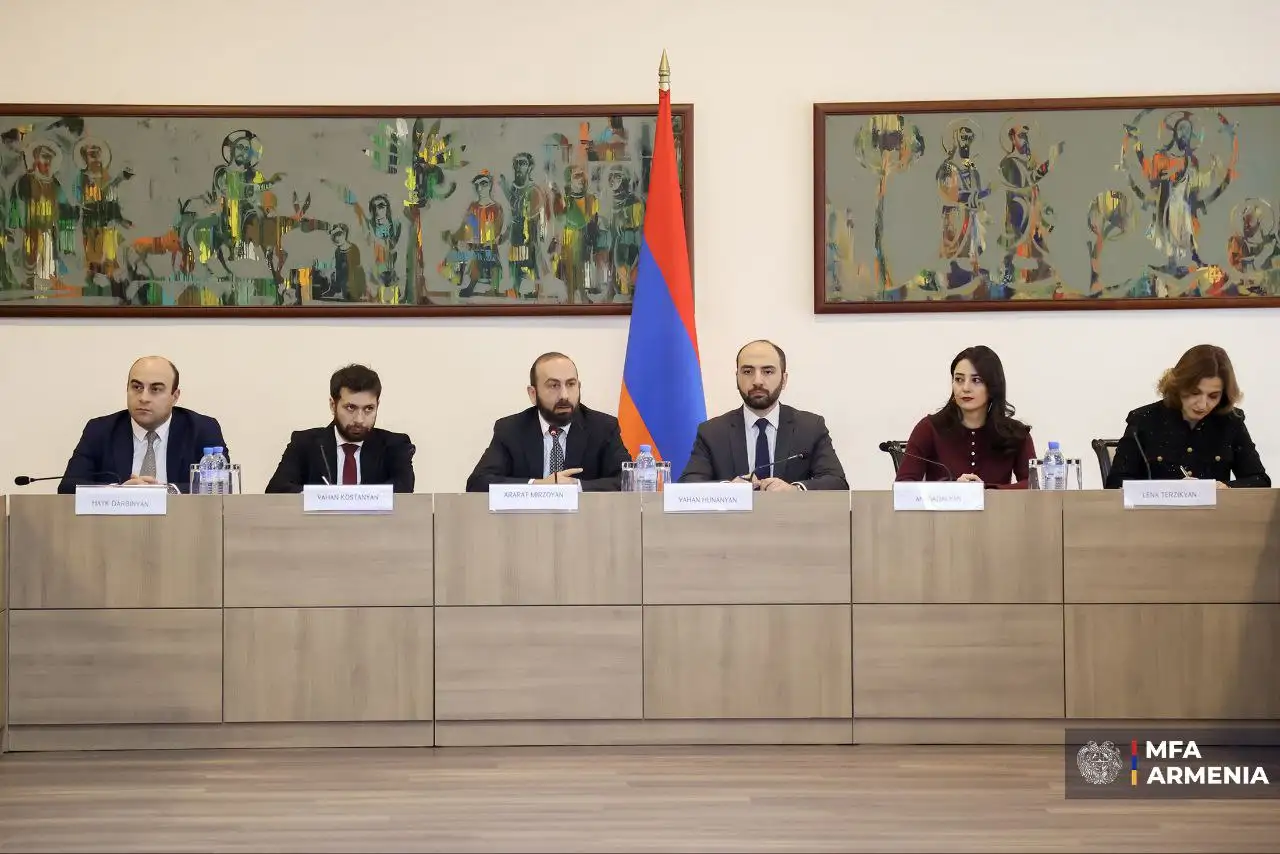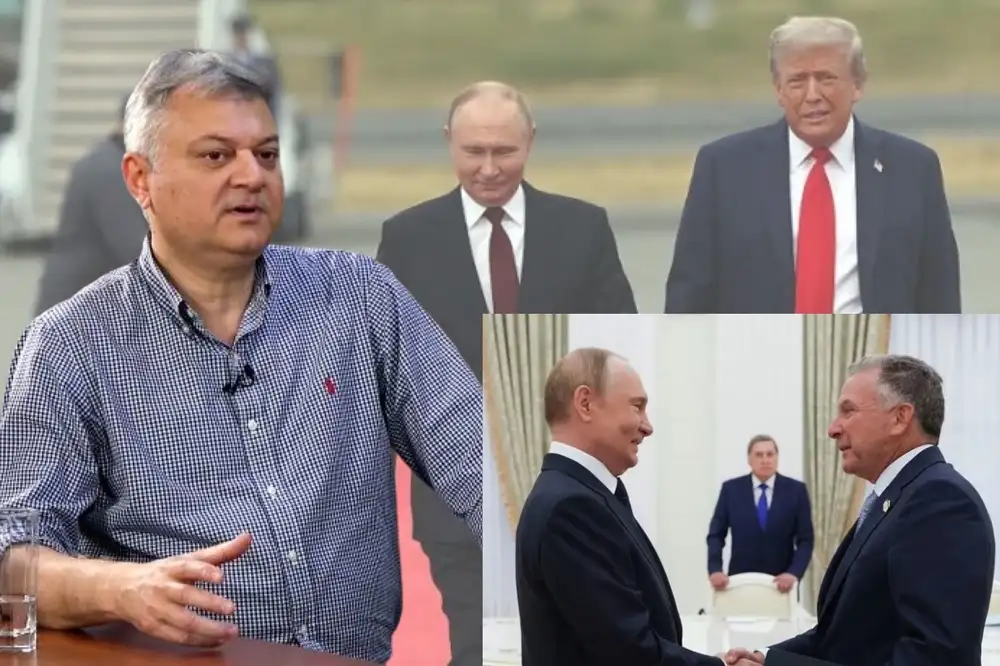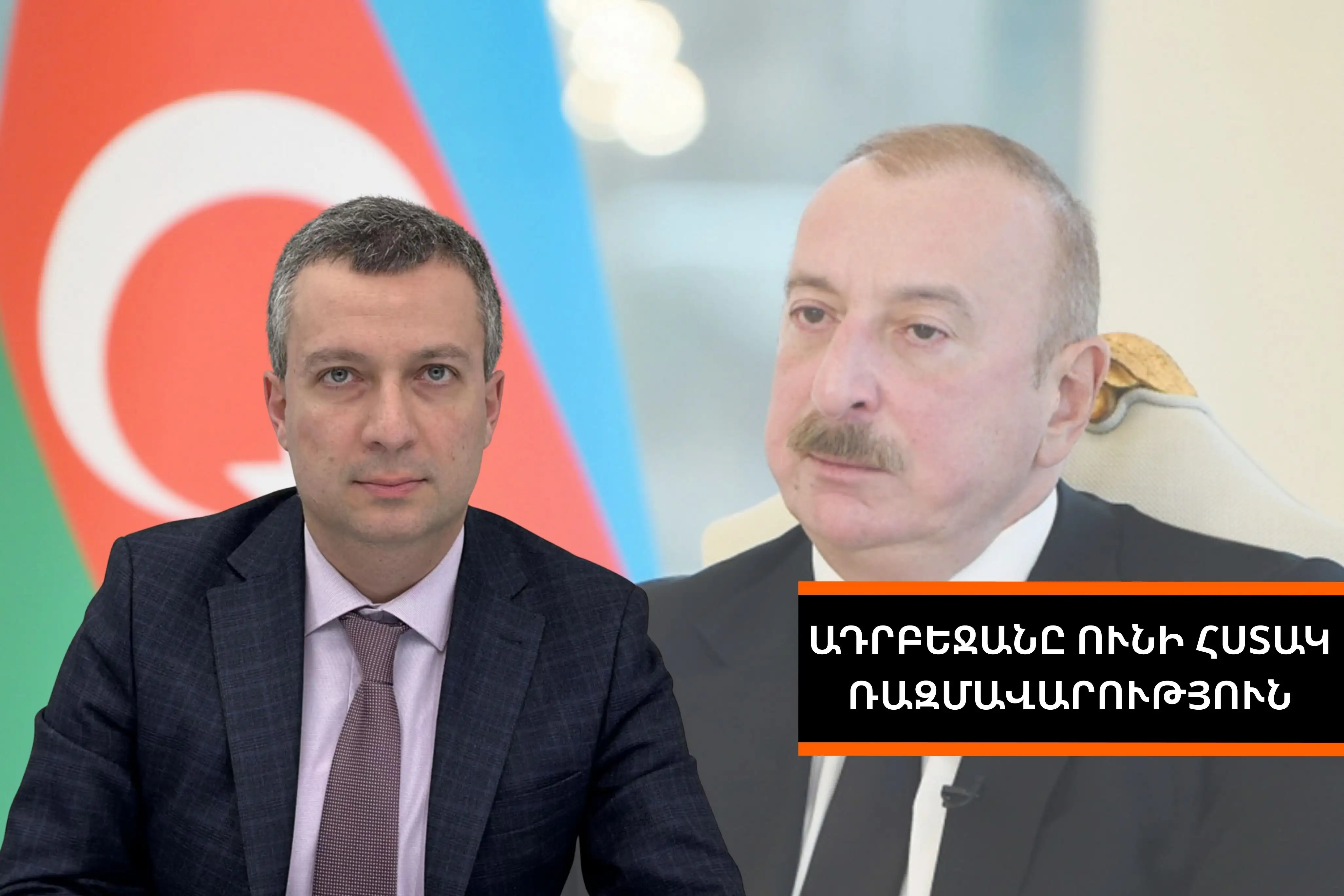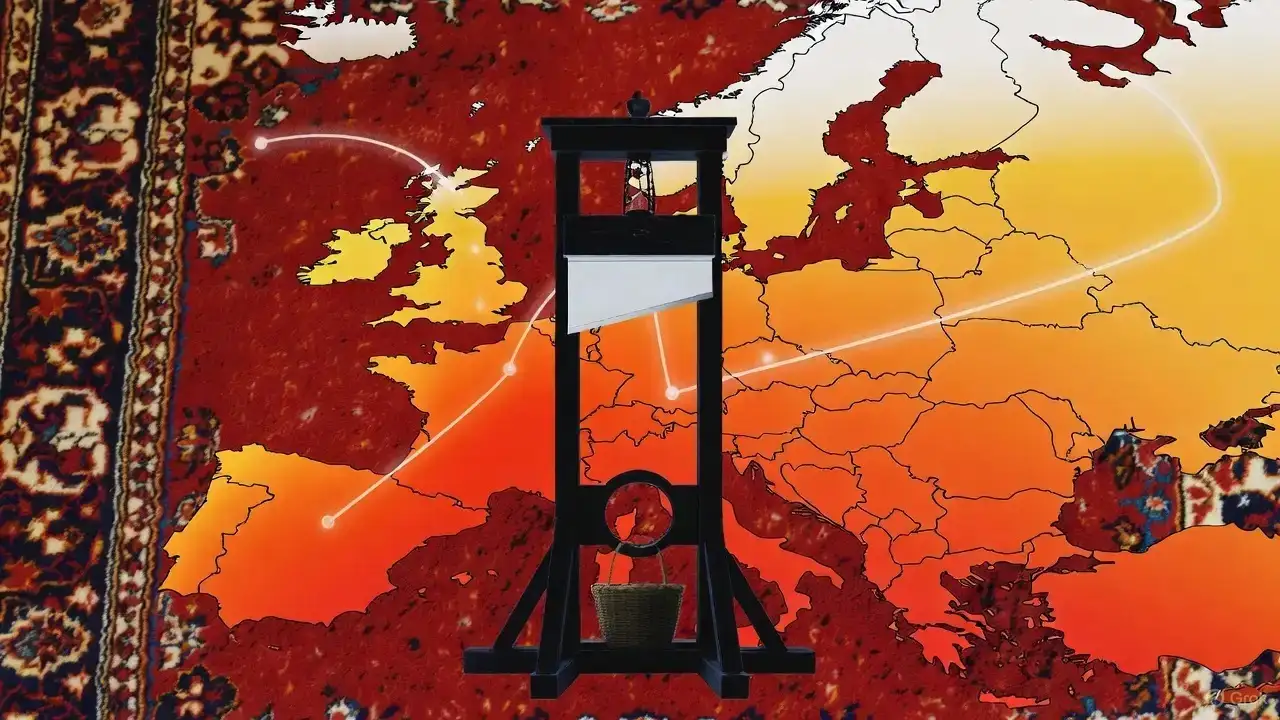On December 1, the 29th OSCE Ministerial Forum was held in Lodz, Poland, in which RA Foreign Minister Ararat Mirzoyan participated and made a speech.
"Dear colleagues, first of all, I would like to thank the OSCE Poland Presidency for guiding the organization throughout the year and organizing this meeting. This year was marked by enormous challenges for European security architecture. We have continuously witnessed violations of our commitments, including the ten principles of the Helsinki Final Act. Unfortunately, the South Caucasus is one of those regions where we face the continued use of force and the threat of force. Our neighbor Azerbaijan continues its extreme and belligerent rhetoric and military aggression against Armenia's sovereignty and territorial integrity.
This year, on September 13-14, Azerbaijan unleashed an unprovoked aggression, occupying around 140 square meters of the sovereign territory of Armenia. Km 2020 This was the third large-scale attack against Armenia since the signing of the Trilateral Declaration on November 9. As a result of this aggression, we had 233 victims, including civilians and thousands of internally displaced Armenian citizens; settlements and civil infrastructures were targeted, and economic and environmental damage was caused. The most brutal manifestations of war crimes, including the extrajudicial killings and torture of Armenian military men and women, are hallmarks of Azerbaijani aggression.
We want to express our gratitude to those colleagues who do not shy away from pointing out the aggressor and speaking out about the need to investigate war crimes and punish the perpetrators properly. It is equally important to demand the complete withdrawal of the armed forces of Azerbaijan from the sovereign territories of Armenia. Their continued presence in the internationally recognized parts of Armenia is a serious challenge to our region's fragile peace and stability.
Moreover, during the same year, in March and August, Azerbaijan continued its provocative and aggressive actions against the Armenians of Nagorno-Karabakh. In clear violation of the tripartite declarations, Azerbaijan subjected another settlement of Nagorno-Karabakh to actual ethnic cleansing. It tried to hinder the activities of the Lachin Corridor, which is a "way of life" for more than 120 thousand people.
Under current conditions, it isn't easy to think about achieving peace in a separate part of the OSCE region. However, the Armenian government has shown the political will and is taking decisive steps to usher in a new era of peace and stability in the South Caucasus.
Despite the frequent provocations of the Azerbaijani side, we have not stopped our negotiations on the regulation of relations, unblocking of all transport and economic links, border demarcation, and border security. Just to let you know, Armenia is ready to start freeing the communication routes when Azerbaijan agrees that all the roads should fully operate under our sovereignty, territorial integrity, and national legislation.
The demarcation of our state border should not be turned into a tool for submitting territorial claims to Armenia and should be carried out based on maps with legal bases. In this regard, the agreements reached in Prague and Sochi this year, particularly the UN Charter and the 1991 A commitment to delimitation based on the Alma-Ata Declaration, will promote this process.
The rights and security of the people of Nagorno-Karabakh should also be comprehensively addressed. These issues have always been at the core of the peace process led by the co-chairs of the OSCE Minsk Group.
Dear colleagues, I would like to express Armenia's gratitude and further support to the missions deployed by the EU and OSCE to assess and monitor the situation. In the current conditions, when Azerbaijan is covering up the use of force against Armenia with fictitious accusations, the international presence on the ground and an evident attitude towards aggression and the aggressor state are more important than ever.
We believe that the OSCE, the co-chairing countries of the OSCE Minsk Group, and the OSCE mechanisms, with their accumulated knowledge and experience, can and should contribute to establishing stability and lasting peace in the region.




